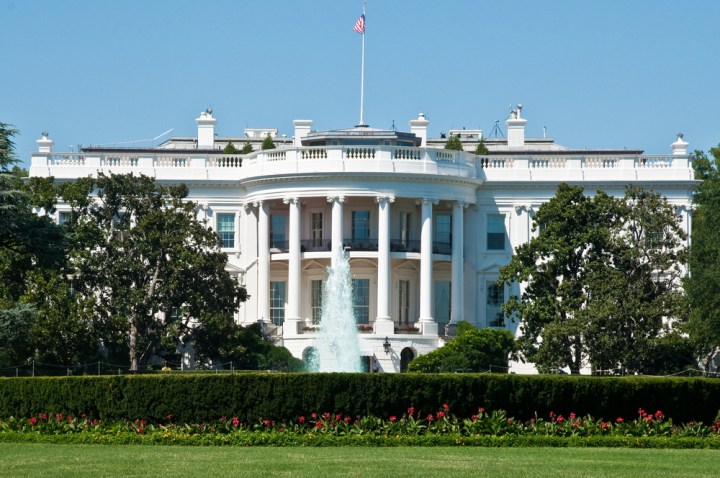
The backlogged petition called for Snowden’s pardon from espionage charges filed by the US and was first launched in 2013 shortly after he leaked information regarding US mass surveillance and fled the country. The Obama administration’s latest refusal maintains the White House’s hard line stance that Snowden should be prosecuted for his acts.
The official statement from Lisa Monaco, the President’s Advisor on Homeland Security and Counterterrorism, sticks with the position the government has held the last two years: Edward Snowden should have reported his concerns through official channels.
“Instead of constructively addressing these issues, Mr. Snowden’s dangerous decision to steal and disclose classified information had severe consequences for the security of our country and the people who work day in and day out to protect it,” reads the statement, a very similar tone held by officials since the leaks first broke. It adds that Snowden should accept the “consequences of his actions”.
The whistle-blower has been holed up in Russia since 2013, where he was granted asylum, as Russia does not have any formal extradition treaty with the US.
Nearly 168,000 people signed the petition that demanded Snowden be pardoned for his acts, which his supporters have called courageous.
The Intercept, founded by Glenn Greenwald, one of the journalists that Snowden first trusted, writes that Monaco’s statement is wrong to say that Snowden made the classified information public. While he leaked the data, it was news outlets like The Guardian, Washington Post, and the New York Times that “did the disclosing”.
Snowden has stated in the past that he is willing to face the criminal charges against him in the US but currently under the Espionage Act, he would be prohibited from publicly making his case that the leaks were justified and in the public interest.


